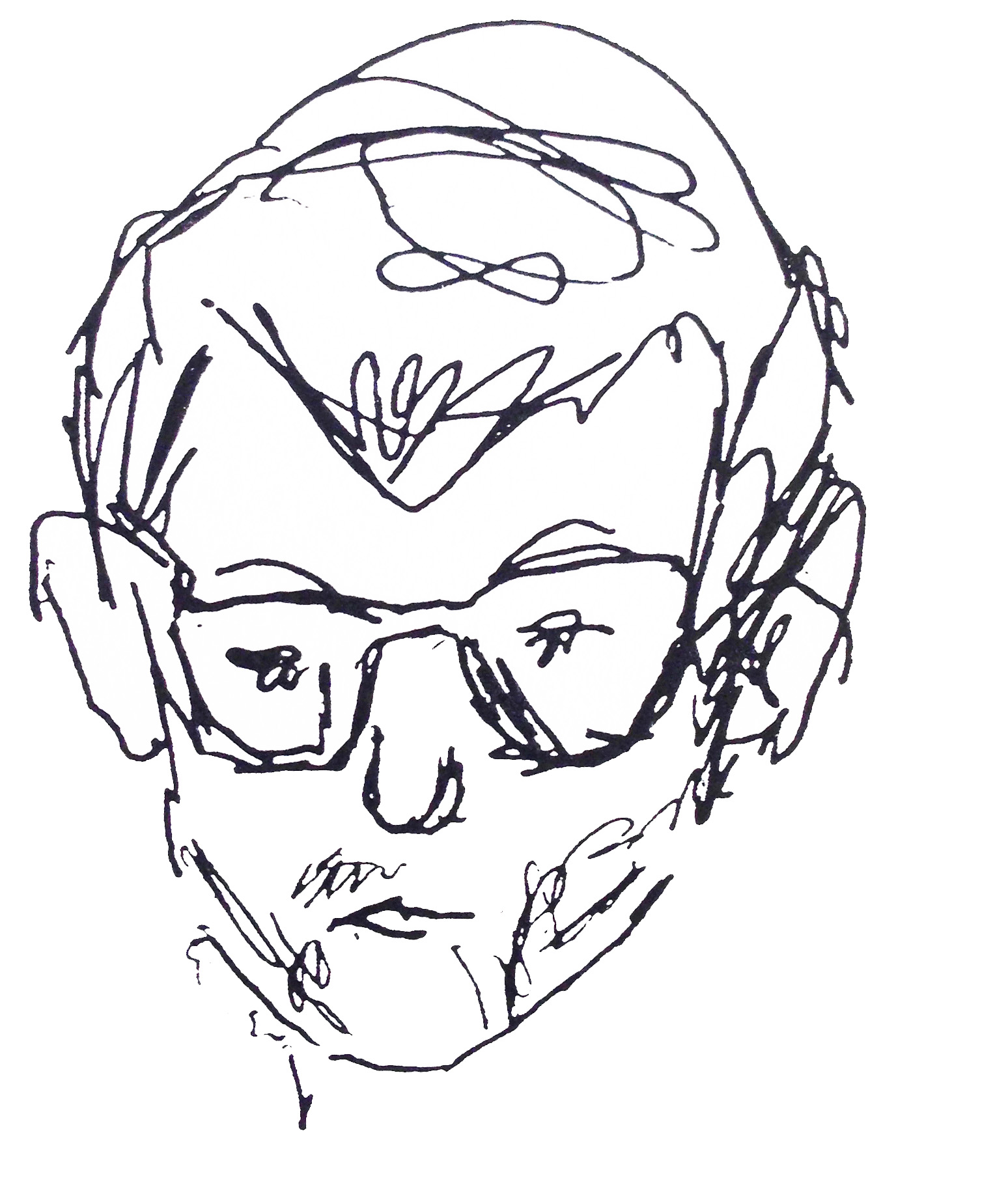Currently
Testimony to/of a mourning planet: art, recognition, and justice beyond the human in Latin America
(School of Advanced Study, University of London. Visiting fellow)
This project brings together scholars, artists, and activists attending to other-than-human forms of suffering and testimony-making in Latin America to shed new light on theories of multispecies and planetary justice. It asks: How do claims for environmental justice, artistic practices, and territorial activism encounter one another, and how might these encounters foster legal theories rooted in mutual recognition, where all are addressed as equals deserving of dignity and respect?
The project will comprise three distinct two-hour discussions centered on sound, silence, and dialogue as grounding notions. The sessions will bring together activists from regions experiencing environmental injustices, Latin American bio-artists whose practice broadens modes of attention and sensibility towards our shared worlds, and UK-based academics studying the political, legal, and ethical implications of such ontological openings.
Engaging in coalitional thinking, this project's objective goes beyond the discussion of legal idioms. It seeks to create a space where participants can explore sensory, conceptual, and affective dimensions in a more-than-human justice framework, with an emphasis on the embodied practices needed to attend to our planet's inaudible mourning.
Hydrocommons Map (entre—ríos)
The Hydrocommons Map is a collaborative initiative designed to identify projects, collectives, and communities dedicated to the care and defense of water ecosystems in Latin America. The goal of this mapping effort is to create a platform that fosters the comparison, connection, and strengthening of research, activism, and outreach initiatives that bring together community-based and creative practices around water. It aims to promote an understanding of water as a shared common good and contribute to eco-social resilience and sustainability. The initiative also aims to facilitate future collaborations, alliances, and exchanges that deepen the relationship between communities and their local water bodies. The map will also serve as a tool for tracking the impact of these initiatives, providing insights into what is effective in community activism—and what isn’t.
We invite you to complete the following form, which will help us learn more about your project, collective, or community. Below, you will find an initial version of the map.
Fuel(ing) the City: A DIY Kit for Energy Stewardship
(With Victoria Mohr & Philipp Simon, University of California, Berkeley)
Fueling the City: A DIY Kit for Energy Stewardship is a pilot program designed to empower underrepresented high school students in the "Contra Costa Refinery Belt" by offering them the tools to create affordable Arduino-based prototypes for renewable energy production in public spaces. The program’s hands-on workshops aim to develop a replicable curriculum that fosters technical skills and community and environmental stewardship, encouraging young residents to reimagine their city through localized "energy sovereignty storytelling" (Castro et. al 2024).
Located in the San Francisco Bay, California, the "Contra Costa Refinery Belt'' is home to five refineries that stand around dense urban areas. These refineries have had significant repercussions on the community, biodiversity, and environment, with issues such as oil spills, explosions, and volatile pollutants historically affecting environmental and human health. Community-based monitoring programs such as Purple Air currently respond to the citizens' demands for air quality and accountability, but can public spaces encapsulate community aspirations for clean-energy landscapes while reducing dependency on fossil fuels as a form of social protest?
Our project aims to create a kit that fosters play and imagination while offering valuable skills in accessible technologies. The kit will examine the interplay between the environment and communities to speculate about place-based transformative solutions that can redefine energy production. Activating new modes of storytelling in relation to energy, we aim to embrace novel understandings of energy and energy infrastructure that can contribute to attaining a just and equitable energy transition.
The politics of river-making in southwestern Colombia
(University of California, Davis. Doctoral dissertation)
This research project focuses on the political, economic, and technoscientific practices that make modern rivers in the contemporary Cauca Valley (Colombia), an eco-region with a long history of contention around the distribution of water use and land ownership. Through archival research and ethnographic writing, I examine the material, affective, and conceptual force of technological revolutions and their aftermaths, as they make —and unmake— rivers. More specifically, my work reflects on the ways people, water, mud, crops, technologies, and animals relate through practice and compose 'rivers' while attending to how these practices relate to global conversations about river management and ecological wellness.
Below is a map of southwestern Colombia using data from the HydroSHEDS (RIV) - South America river network at 30s resolution. You see the Cauca basin to your left and the Magdalena basin to your left.
Areas of Interest:
Science and technology studies [STS] | Latin American Cultural Studies | landscape & infrastructures | history of engineering | environmental history | materialisms | Latin America | hydraulic technologies |


